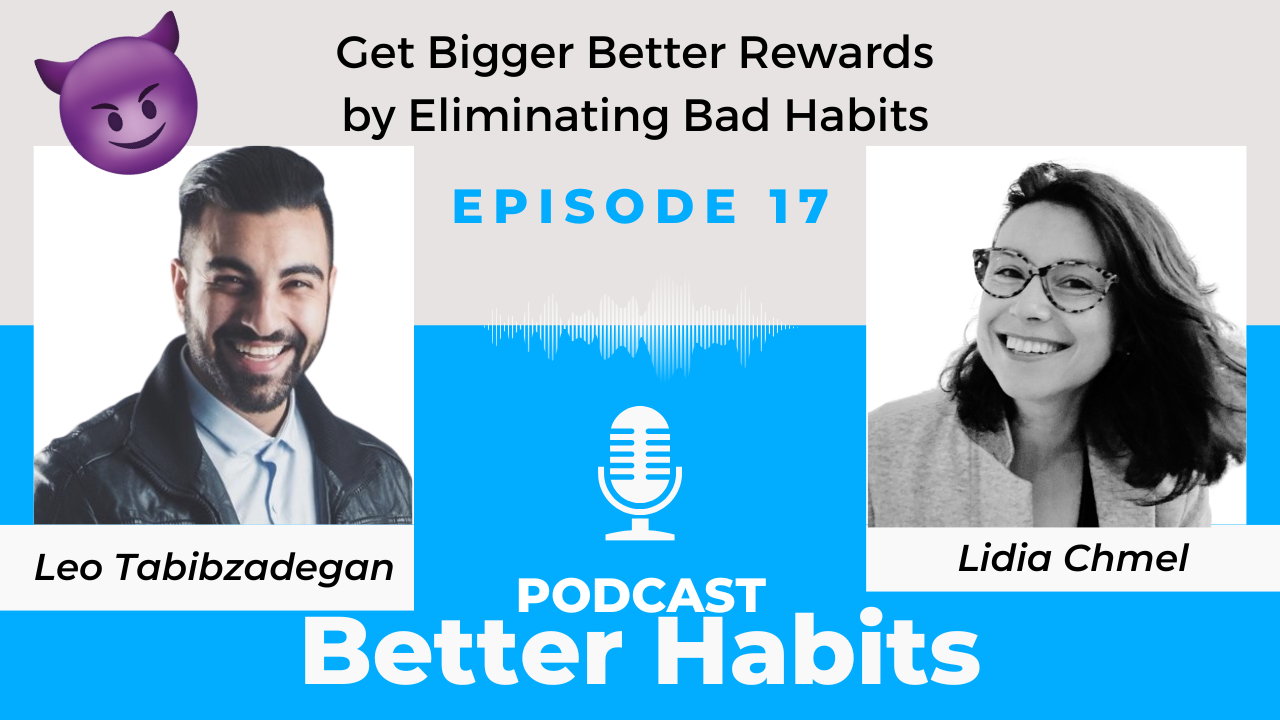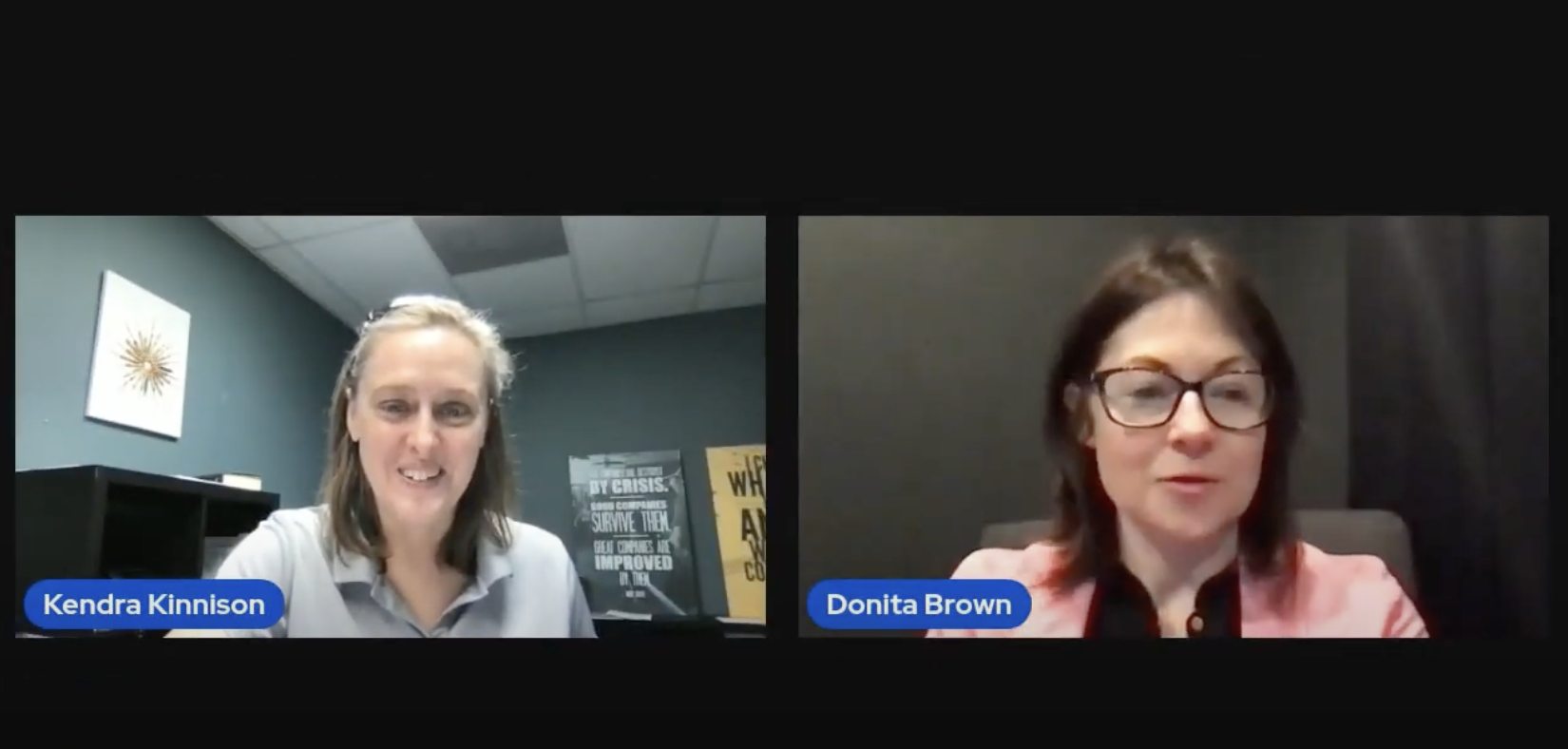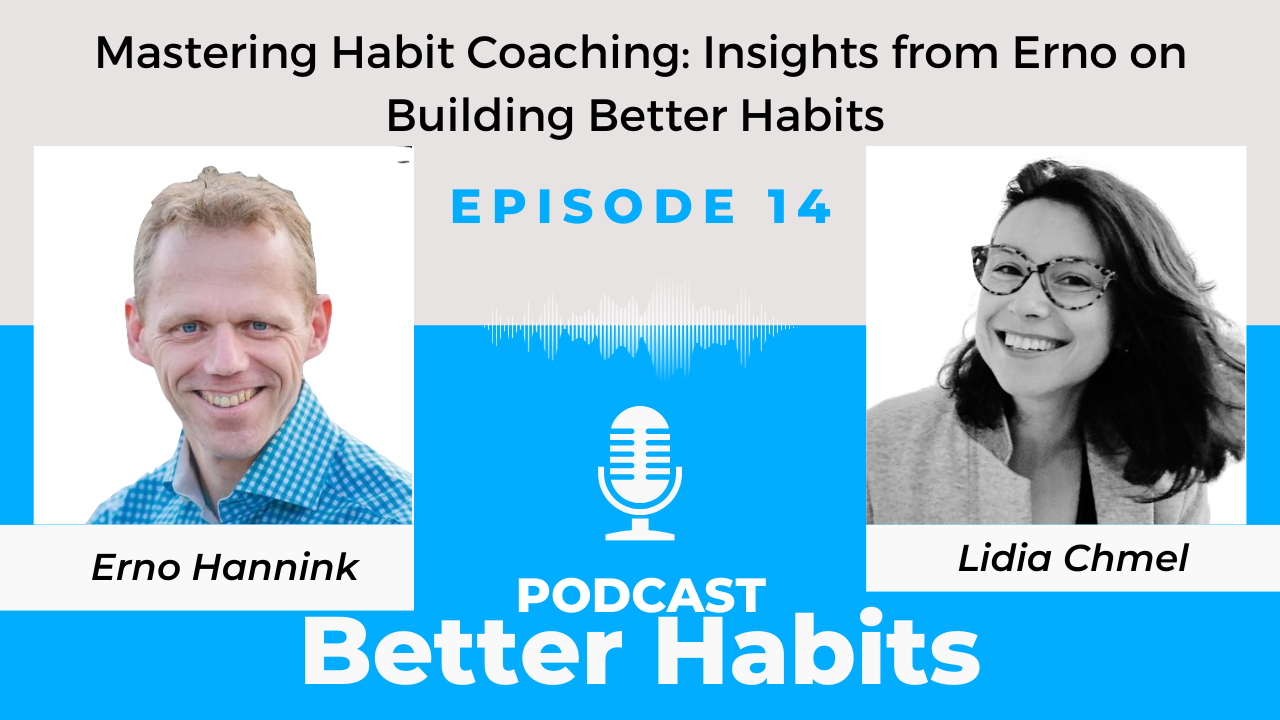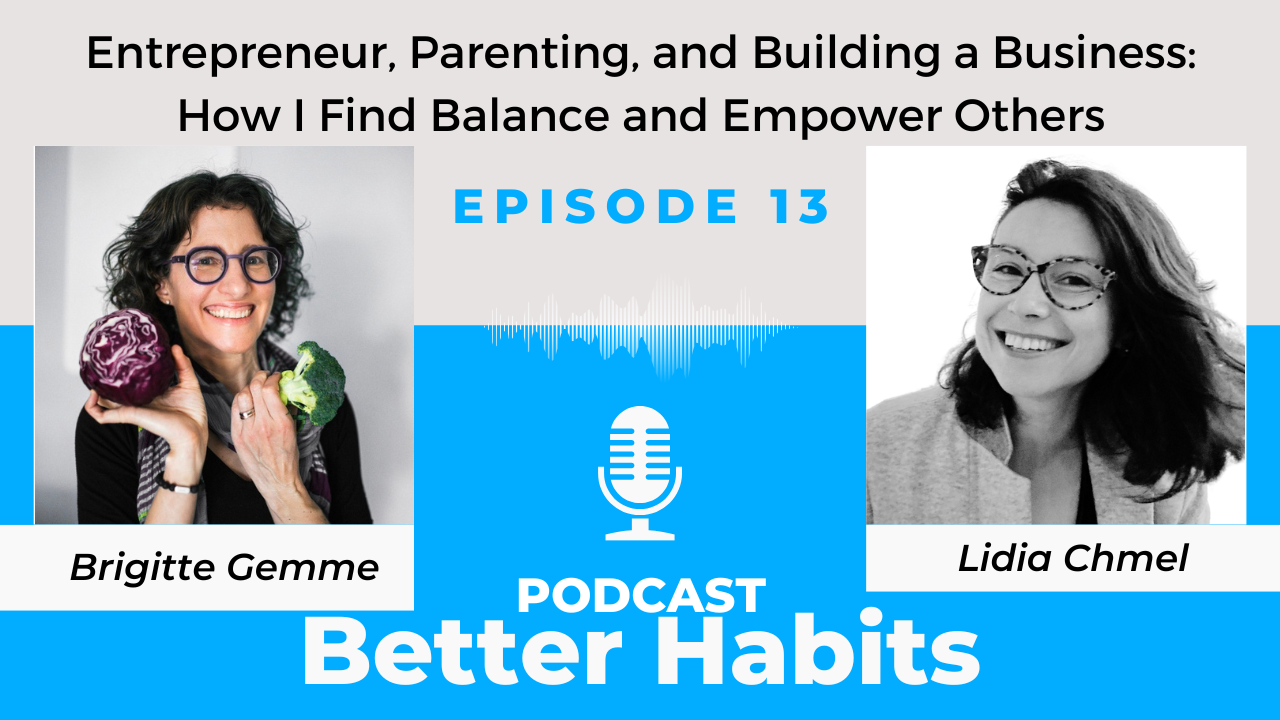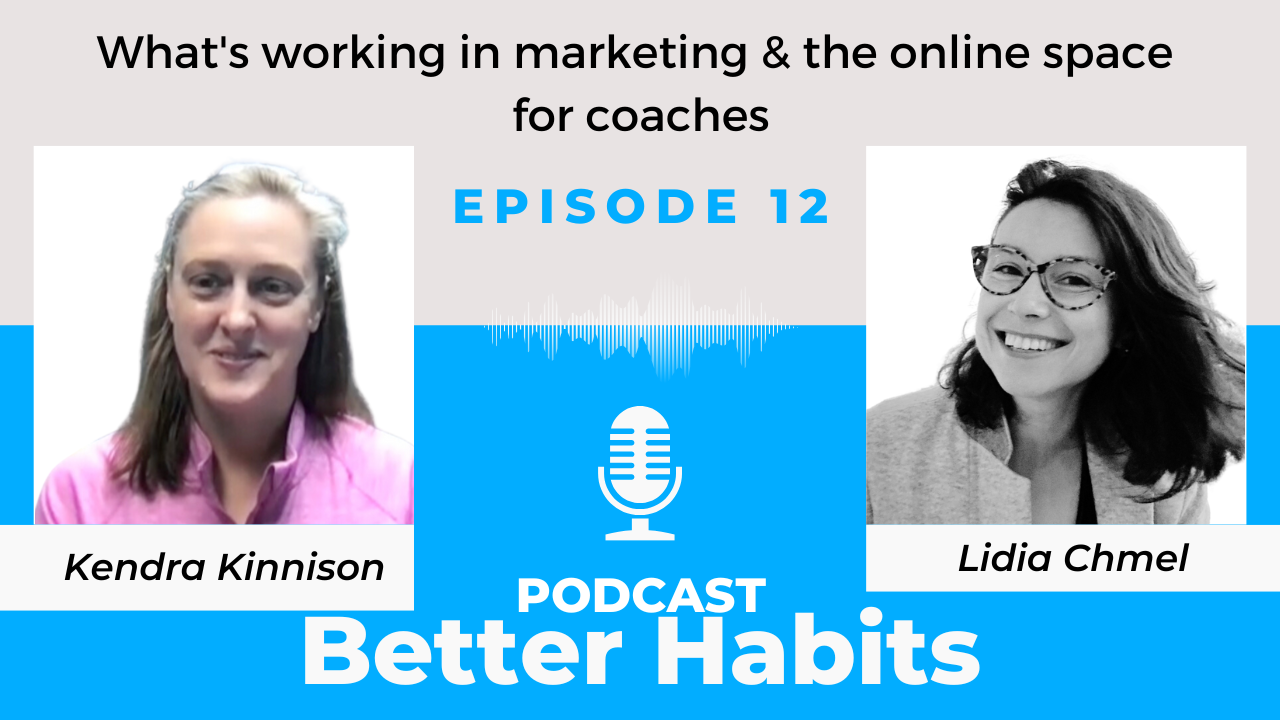Rodney Buike is an amateur endurance athlete who also goes by the moniker Previously Fat Guy (or “PFG”) after losing 80 pounds in 15 months, completing his first 70.3 Ironman in 2010, finishing his first full Ironman in 2011 and recently finishing his first Ultramarathon, the North Face California 50K.
While he’d always been athletic, Buike found that he’d lost his formerly high level of fitness and had to work to regain it. His story is one of how slow continuous improvement and coaching can make lasting life transformations. He shared some of that hard-won wisdom with us:
How do you start your own day? Do you have any daily rituals or routines?
I don’t have any specific morning habits or rituals. I try to wake up relaxed and go with the flow for the morning as it seems to set the day up well. My work schedule varies so I don’t have a morning workout or training routine. I am lucky enough to work from home most of the time which makes getting in a lunch hour workout much easier and that can give me an extra hour or so of sleep which helps with recovery.
The only “must do” on my morning agenda is to eat a good breakfast. I was never a big breakfast eater but a few years ago when I started training for Ironman Lake Placid I was famished in the morning. My breakfast is usually pretty simple and typically a smoothie. I have the ability to eat the same thing daily without ever getting bored but smoothies are so easy and end up being varied based on what is in the fridge. I always have fresh squeezed OJ and plain Greek yogurt in the fridge and I just blend that with a banana and what ever fruit and/or leafy greens I happen to have.
Without breakfast I inevitably end up eating crap later in the day because of extreme hunger.
What are your eating habits like? Do you follow any specific program of eating?
It varies but it is primarily plant based, key word based. I like to experiment with my diet to see how it affects my training and body composition. I failed miserably at the Paleo diet but that was more about the ridiculous nature of that diet than anything else. I was totally vegan for over a year and then vegetarian for a while as well. What it has taught me is that the best diet is one of moderate intake of whole foods and limiting of processed foods and that is where I am at today. Whole foods, organic when possible from local producers when possible. A few years ago I moved to an area that produces a lot of fresh fruits and vegetables year round and I try and buy as close to home as possible. Fresh from the farm tastes so much better than fresh off a truck.
Today I live by the motto of everything in moderation including moderation and I listen to what my body is craving. If dinner time rolls around and I feel for a side of beef I’ll buy one and at the same time if it is craving a chocolate chip cookie I have a supplier! I live close to a number of smaller natural food stores that offer a wide variety of organic foods and rather than shop for the week I’ve made it a habit to visit the local grocers and buy just what I need for the next day or two.
There’s so much research being done and advice being published, how do you tell what’s real and what’s fake? How do you decide what’s relevant and what isn’t?
I don’t pay too much attention to most of the research being published especially diet related. I can almost always find research that will validate my point of view and invalidate your point of view. That is partly the reason I’ve tried a variety of eating habits as I’ve found what works for me. When it comes to training advice there are a few good sources of information and I have a coach who also reads a lot of the research being published and she has a great BS meter.
Is there any current thinking about diet and fitness that needs to be challenged?
Quit dieting. Any permanent change requires changes you can maintain. It’s a lifestyle change. The chances of you losing weight when you stop drinking soda is pretty good but if it is not a permanent change you will gain that weight back. If you want to succeed at something you need to be willing to make the lifestyle changes that will allow you to succeed. Someone once said “If you want the benefits of something you have to be willing to accept the costs”.
Is there anything new you’ve started doing recently, or anything you’ve quit?
That depends how you define recently 🙂 Nothing much over the last two years but I think the biggest change was switching from lifting weights to a functional, body weight strengthening program. It is something I can do anywhere (I hated going to the gym) and it has improved flexibility and range of motion as well as building strength. And since I can do it anywhere it is easier to fit it in when I can.
Mark Lauren has a couple of very good programs available and his iPhone app (Your Own Gym) was the best $3 I’ve ever spent.
Other than that the other “big” change I made was having a mandatory rest day each week. When I started I went 7 days a week and every 3-4 weeks I’d take a day off. Today I have at least one full day off every week.
How do you make adjustments to your workout? It’s hard to know what to do when you’re tired or having a bad workout.
Two things, I’m very consistent as I am a Type A+ type personality and once into a routine it just happens. Secondly I work with a coach (Nicole at http://neoendurancesports.com) who provides great feedback and adjustments to training on the fly. Because of this consistency and the advice from my coach I am not afraid to miss a day here and there, take a week off post race or even mid-season. You have to learn to listen to what your body is saying. Are you tired because you got up earlier than normal or is it because you’ve been going harder than normal.
Also, when working with a coach, communication is key. That means uploading workout files in a timely manner and communicating how things are going on a regular basis. One bad workout won’t ruin a season but if you are having consistently bad workouts you need to speak up and look at what is going on. This is where technology can really help. Sometimes a workout might feel harder than it should but then you look at the data and it was harder that it usually is (a good thing) or it was not as hard as it felt and an extra rest day might be in order.
Can you share some of the specific things you notice your top clients doing differently than the average client?
Consistency. Small gains, over time, lead to big performances. I think this is a Joe Friel quote.
Can you share some of the specific things you notice top performers doing differently in their fitness routines than the average person?
In order to train hard you first need to learn to train easy, another Joe Friel quote. Far too many people go to hard in the easy workouts. This prevents them from recovering properly which prevents them from performing optimally in the hard workouts and leads to over training. It is an extremely difficult concept for a lot of athletes to grasp but it is key to long term, sustained improvements as well as injury prevention. My coach does a great job with scheduling and I’m pretty good (now, it wasn’t always the case) at taking it easy when the schedule calls for it.
Coach.me is a coach that goes everywhere with you, helping you achieve any goal, change any habit, or build any expertise. If you’re feeling inspired by what you’ve read, try adding these habits to your Coach.me dashboard:
- The Whole Foods Diet: Eat only recognizable foods and avoid processed ones.
- Eat Breakfast: fuel your body in the morning to get off to a great start.
- You Are Your Own Gym Workout: join others using Mark Lauren’s workout programs which use the body’s own weight to build strength.

